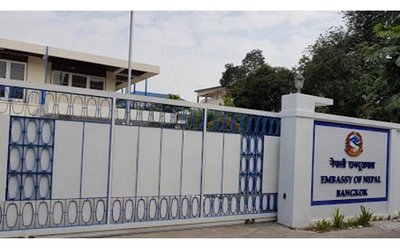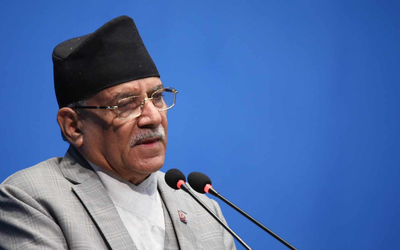
With a score of 31, Nepal ranks at 122 in a corruption index report released Transparency International. Last year, Nepal ranked at 131. While the climb is an improvement, it however is not satisfactory.
The index released today by Transparency International, which marks its 25th anniversary this year, reveals some disturbing information – despite attempts to combat corruption around the world, the majority of countries are moving too slowly in their efforts. While stemming the tide against corruption takes time, in the last six years many countries have still made little to no progress. Even more alarming, further analysis of the index results indicates that countries with the lowest protections for press and non-governmental organisations (NGOs) also tend to have the worst rates of corruption.
The index, which ranks 180 countries and territories by their perceived levels of public sector corruption according to experts and businesspeople, uses a scale of zero to 100, where zero is highly corrupt and 100 is very clean. This year, the index found that more than two-thirds of countries score below 50, with an average score of 43.
Over the last six years, several countries significantly improved their CPI score, including Côte d’Ivoire, Senegal and the United Kingdom, while several countries declined, including Syria, Yemen and Australia.
This year, New Zealand and Denmark rank highest with scores of 89 and 88 respectively. Syria, South Sudan and Somalia rank lowest with scores of 14, 12 and 9 respectively. The best performing region is Western Europe with an average score of 66. The worst performing regions are Sub-Saharan Africa (average score 32) and Eastern Europe and Central Asia (average score 34).
- Nepali Congress Is Against Terrorism: Dr. Mahat
- May 09, 2025
- European Union Delegation to Nepal Celebrates Europe Day 2025
- May 09, 2025
- Home Minister Lekhak and BJP leader Bhagat Singh Koshyari meet
- May 09, 2025
- Nepal stands together with all in fight against terrorism: MoFA
- May 09, 2025
- Foreign Aid Mobilisation Policy 2025 Identifies INGOs Support Cucial For Nepal’s Development
- May 09, 2025
















